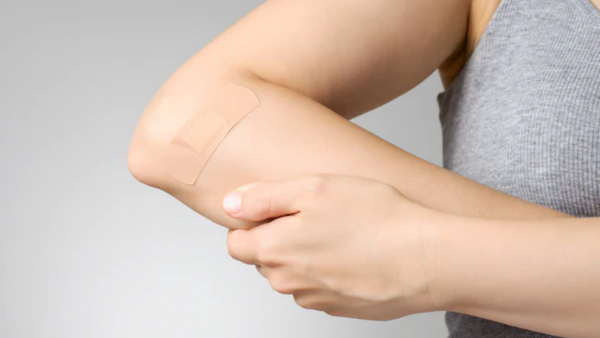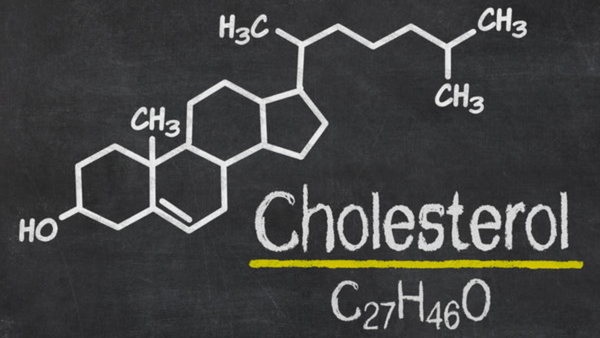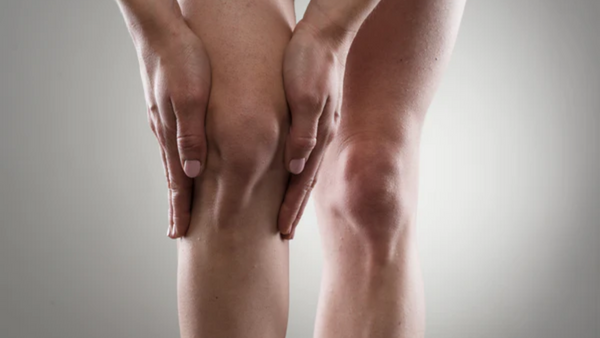There are different types of wounds. When you hear the word wound, you probably think of an open wound, which is a visible injury that is bleeding.
However, there are also closed wounds, such as bruises and/or sprains. Closed wounds may show swelling or bruising.
Chemical wounds occur when acids or other chemicals irritate or burn the skin. Radiation wounds occur, for example, during radiotherapy to treat cancer.
Thermal wounds occur when there is contact with extreme temperatures: either heat or cold. They manifest themselves as reddening of the skin or blistering.
- Inflammatory phase: several hours to days after the injury
Shortly after injury, blood clotting occurs to stop blood loss.
The wound often also oozes water. However, this is not pure water, but a fluid that contains fibrin and immune cells. Fibrin is an adhesive protein that ensures that the wound closes quickly. The immune cells prevent the wound from becoming infected.
- Cell division phase: Damaged cells in the wound must be renewed. New cells are formed through cell division. New blood vessels are also created.
- Repair phase: The tissue is restored and regains its original strength and structure. If this is not completely possible, red replacement tissue forms in the form of scars.

A wound should heal after a few weeks. If this is not the case, it is called a chronic wound. This is often due to problems with wound healing. In diabetics, for example, wound healing is impaired and chronic wounds can easily develop.
Most minor wounds heal on their own. For larger wounds, pressure bandages can help stop the bleeding. Cleaning and disinfecting the wound helps prevent infection. For larger wounds, stitches may be necessary. A plaster or bandage can protect the wound.
Ointments or creams can help with wound healing and have a disinfectant effect. In the case of a bacterial infection, antibiotics are used.
Micronutrients have many important functions in wound healing and can support it.
zinc
Zinc is well known for its effect on wound healing and is in fact essential. [1] It plays an important role in cell division and promotes the formation of new blood vessels and the rebuilding of the skin.
Zinc is also an effective antioxidant. Oxidative stress can impair wound healing. Last but not least, zinc is also essential for the immune system and helps prevent wound infection.
Zinc deficiency is associated with complications in injuries, such as leg ulcers. A small study suggests that taking zinc could speed up wound healing in the case of burns. The study situation is not entirely clear, but a good supply of zinc is important in any case.
B vitamins
B vitamins have important functions in cell division and therefore also play an important role in wound healing. [2] A deficiency in B vitamins, especially vitamin B6, folic acid (vitamin B9) and vitamin B12, also leads to increased homocysteine levels. Homocysteine is a toxic metabolic product that can disrupt wound healing.
Vitamin B5, for example, is important for the regulation of cell division and can stimulate the maturation of skin cells.
Biotin (vitamin B7) is needed for the production of collagen and elastin – two proteins that are very important for the firmness and elasticity of the skin.
Folic acid (vitamin B9) is essential for DNA synthesis. DNA must be duplicated before each cell division.
A poor supply of B vitamins is associated with impaired wound healing.

Omega-3 fatty acids
Omega-3 fatty acids have anti-inflammatory effects and can therefore probably counteract inflammation of wounds. [3]
In a study on diabetes patients, taking Omega-3 was able to reduce leg ulcers compared to placebo.
In another study, the cornea of the eyes healed faster after laser eye surgery when the subjects supplemented with omega-3 fatty acids. [4]
Vitamin C
Vitamin C is needed for the production of collagen . Collagen is very important for skin health and promotes its firmness and elasticity. A vitamin C deficiency, on the other hand, can promote skin damage and impaired wound healing.
Vitamin C is essential for the immune system and therefore protects against infections. [5] Vitamin C is also an important antioxidant. Injuries and inflammations cause oxidative stress, which vitamin C can counteract.
Vitamin D
Vitamin D has important functions in the immune system and therefore plays an important role in immune defense. Vitamin D can also stimulate cell division and plays an important role in the maturation of horn-forming cells.
People with leg ulcers are often affected by vitamin D deficiency. In one study, taking vitamin D was more effective at reducing the size of leg ulcers than a placebo. [6]
There is also evidence that a good supply of vitamin D can improve wound healing.

Conclusion: Many nutrients are needed for wound healing
Many nutrients are involved in wound healing. The body needs nutrients to form new cells and blood vessels. Nutrients are also important for the immune system, which prevents the wound from becoming infected. It is therefore not surprising that a lack of certain micronutrients can make wound healing more difficult.
WE HAVE YOU 10 % VOUCHER FOR OUR
OMEGA 3 , Vitamin D , Vitamin C , Zinc , Vitamin B Complex , Vitamin B Complex Forte
PROVIDED AND HOPE TO BRING YOU JOY WITH IT.
SIMPLY COPY THE FOLLOWING COUPON CODE
AND ENTER IT AT CHECKOUT:
HAUT+V10
TO THE PRODUCTS
[1] https://www.ncbi.nlm.nih.gov/pmc/articles/PMC5793244/
[2] https://pubmed.ncbi.nlm.nih.gov/16018750/
[3] https://www.ncbi.nlm.nih.gov/pmc/articles/PMC2967211/
[4] https://www.ncbi.nlm.nih.gov/pubmed/23132445
[5] https://www.scielo.br/j/rcbc/a/WhkgRSnMR4qG5NRzkpt3ScB/?lang=en
[6] https://www.scielo.br/j/rcbc/a/WhkgRSnMR4qG5NRzkpt3ScB/?lang=en

















